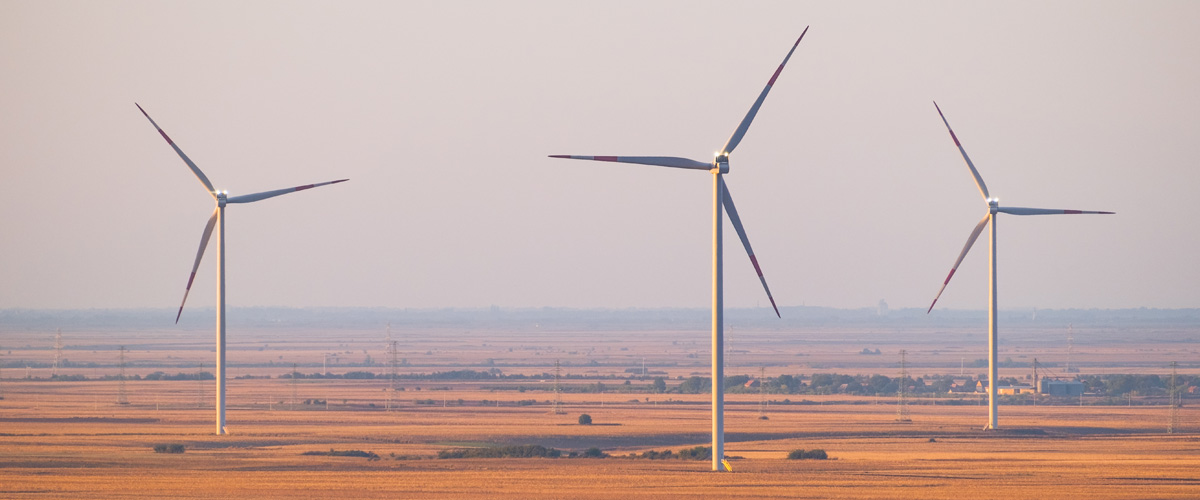Responding To The IPCC Climate Review
The Intergovernmental Panel on Climate Change (IPCC) – the UN body responsible for scientific assessments on climate change – has published the first of its three-part 6th Assessment Report (AR6). This landmark report clearly identifies the impact that human activity has had on the planet. It presents stark data on a future that will be dominated by extreme weather and instability.
The report ‘AR6 Climate Change 2021: The Physical Science Basis’ has been agreed by representatives of 195 governments and aims to provide an evidence base from which governments can develop climate change policies. The timing of the report is critical as world leaders plan for the COP26 climate change conference in Glasgow later this year.
The warnings are clear. There is no doubt that human activity has warmed the climate. We are experiencing unprecedented increases in global temperatures which is affecting weather extremes across the globe. This will continue to intensify unless greenhouse gas emissions are drastically reduced.
Commenting on the release of the report, Integrity Senior expert in Monitoring, Evaluation and Learning, Caitlin Smit welcomed the directness of the findings and commented:
“The time for climate action is indisputable. At Integrity we aim to support efforts to build community and ecosystem resilience and tackle environmental impacts through rigorous research, monitoring and evaluation. It is critical that we take this learning and work together to ensure ongoing responses are effective and sustainable.”
Support
A good example of Integrity’s work in this area is the consortium led by Integrity, along with LTS-Niras and Climate Policy Initiative, where we act as Monitoring and Evaluation (M&E) partner to the UK government’s International Climate Finance-funded Climate Public Private Partnership programme. We provide a rigorous and independent assessment of the relevance, coherence, effectiveness, efficiency, impact and sustainability of the programme in catalysing the role of private sector finance to drive low carbon, climate resilient growth in developing countries.
